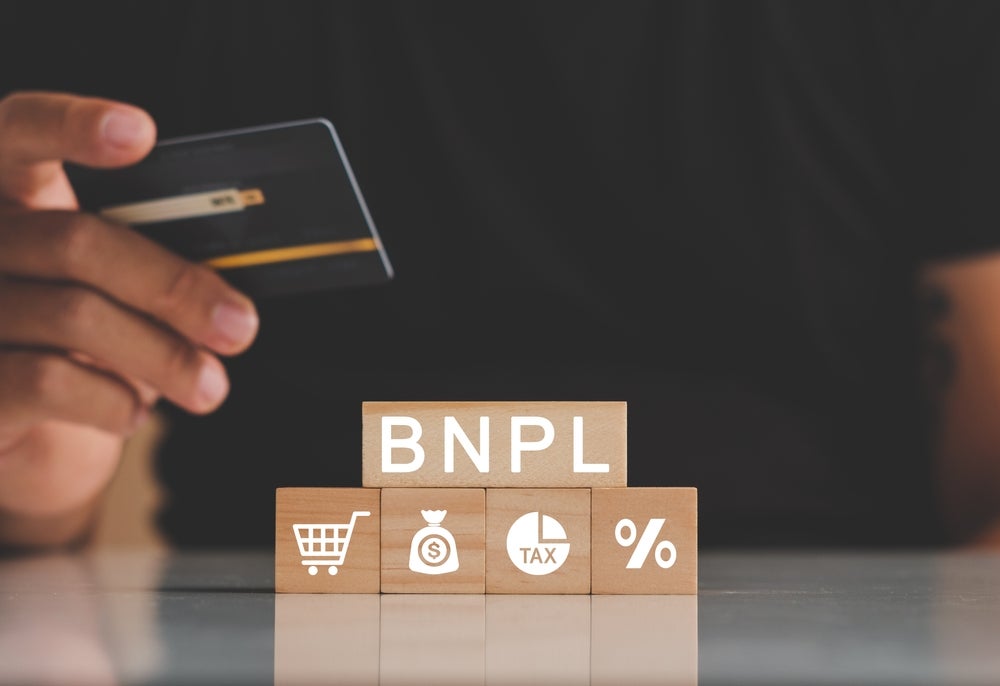Direct Debit Ltd has enjoyed high growth levels since the introduction of its Paycentre product but is poised to undergo a dramatic shake-up as it has recently been acquired by a rival company. Alison Ebbage investigates what made it so attractive for takeover.
Payments automation software provider Direct Debit Ltd enjoyed a fast-growing 2010, with its Paycentre modular processing and automation platform proving successful among corporates and banks in the UK.
 Shortly after the company announcing growth of 158% in new business last year Direct Debit was sold to rival payment and invoicing solutions provider Bottomline Technologies in February 2011 for an undisclosed sum.
Shortly after the company announcing growth of 158% in new business last year Direct Debit was sold to rival payment and invoicing solutions provider Bottomline Technologies in February 2011 for an undisclosed sum.
Bottomline Technologies was founded in 1989 in the US and developed a strong presence and interest in the UK market through an acquisition of CheckPoint Security Services in August 2000. Over 40% of the companys revenue is generated outside of the US, demonstrating its enthusiasm for European markets.
According to director of global marketing Marcus Hughes, Bottomline Technologies generated £158m ($255m) worth of revenue for the fiscal year ending June 2010 and has a market capitalisation of $700m around four times its yearly revenue.
How well do you really know your competitors?
Access the most comprehensive Company Profiles on the market, powered by GlobalData. Save hours of research. Gain competitive edge.

Thank you!
Your download email will arrive shortly
Not ready to buy yet? Download a free sample
We are confident about the unique quality of our Company Profiles. However, we want you to make the most beneficial decision for your business, so we offer a free sample that you can download by submitting the below form
By GlobalDataHughes says the direct debit management aspect of Direct Debits Paycentre service is what drove Bottomline to pursue the sale and patiently wait for the right time for Direct Debit to surrender to its rival.
Attractive takeover prospect
Yet, as Direct Debit head of sales Paul Conway says, there were many more facets of the business that led to it being an attractive prospect for a takeover.
Conway claims one of Paycentres key selling points is that it allows companies more control over their cash flow, thus giving greater stability and allowing for strategic decisions to be made with more financial certainty.
"In this economic climate it has become apparent that having the right software, although an expense, is not as expensive as not being able to collect or chase customer payments," says Conway.
"Another benefit of this system is that it can manage spread payment plans which will almost certainly increase sales and improve cash flow."
In order to operate a direct debit system in the first place, however, a company must demonstrate that it is compliant with complex direct debit scheme rules and gain sponsorship from a bank.
The Paycentre service claims to automate this process so that unless a manual override is used, a company will always be compliant and have the right response to a given payments situation.
It is also the only solution recommended by sponsoring banks.
As the scheme rules apply to all, Direct Debits services have been designed to be scalable, which is important in a sector that cannot be defined vertically.
"Not all companies have a need for direct debit payments," says Conway.
"For example, Coca Cola, one of the worlds biggest companies, does not, but a large furniture warehouse or a small golf club taking monthly membership fees will both need to apply the same direct debit process so scalability is a very important facet of our business."
The system also provides operational efficiency as a key selling point. For example, if a direct debit payment were missed, the system would automatically generate the an internal documentation, send out a letter to the customer and create the right message log within the system.
It is argued that carrying out this task manually would be time consuming and leave a lot of room for error.
Paycentre also received an upgrade in 2010, with modules for Faster Payments, SEPA, SWIFT and Direct Credits bolted on to Direct Debits core system.
"As we have grown we have become exposed to bigger clients with more complex transnational needs. That is a part of the reason for having a product that can have additional units bolted onto its core," says Conway.
"Indeed our strategy is to develop further modules to bolt onto the core offering."
The most recent jewel in Direct Debits crown is a deal with WorldPay. One of the largest credit card providers, it operates in a very commoditised and price-sensitive environment.
Faster payments solutions
Conway says being on the Paycentre platform will allow WorldPays customers access to direct debit and faster payments solutions and provide WorldPay with a tangible value-added proposition.
The acquisition of Direct Debit and its Paycentre services is said to greatly extend Bottomline Technologies product offerings, especially on the receivables side.
The move serves to deepen its relationships with the larger UK banks and strengthen its position in the market.
The deal is also claimed to have come at the right time for Bottomline, says Hughes, as the SEPA and the HM Revenue and Customs real-time information initiatives are gathering momentum.
"We were very keen to acquire a BACS software provider in the UK as it is now timely for us to have more BACS customers in the country and be able to offer something into Europe," says Hughes.
Bottomline Technologies told EPI it plans to respect the Direct Debit brand when undertaking the process of rebranding the company.
The company cites the takeover of UK bank/building society Abbey National by Santander as an example of how it will move forward with its marketing strategy evolving the name, branding, logo, look and messaging slowly.
See also: Bottomline acquires Direct Debit







